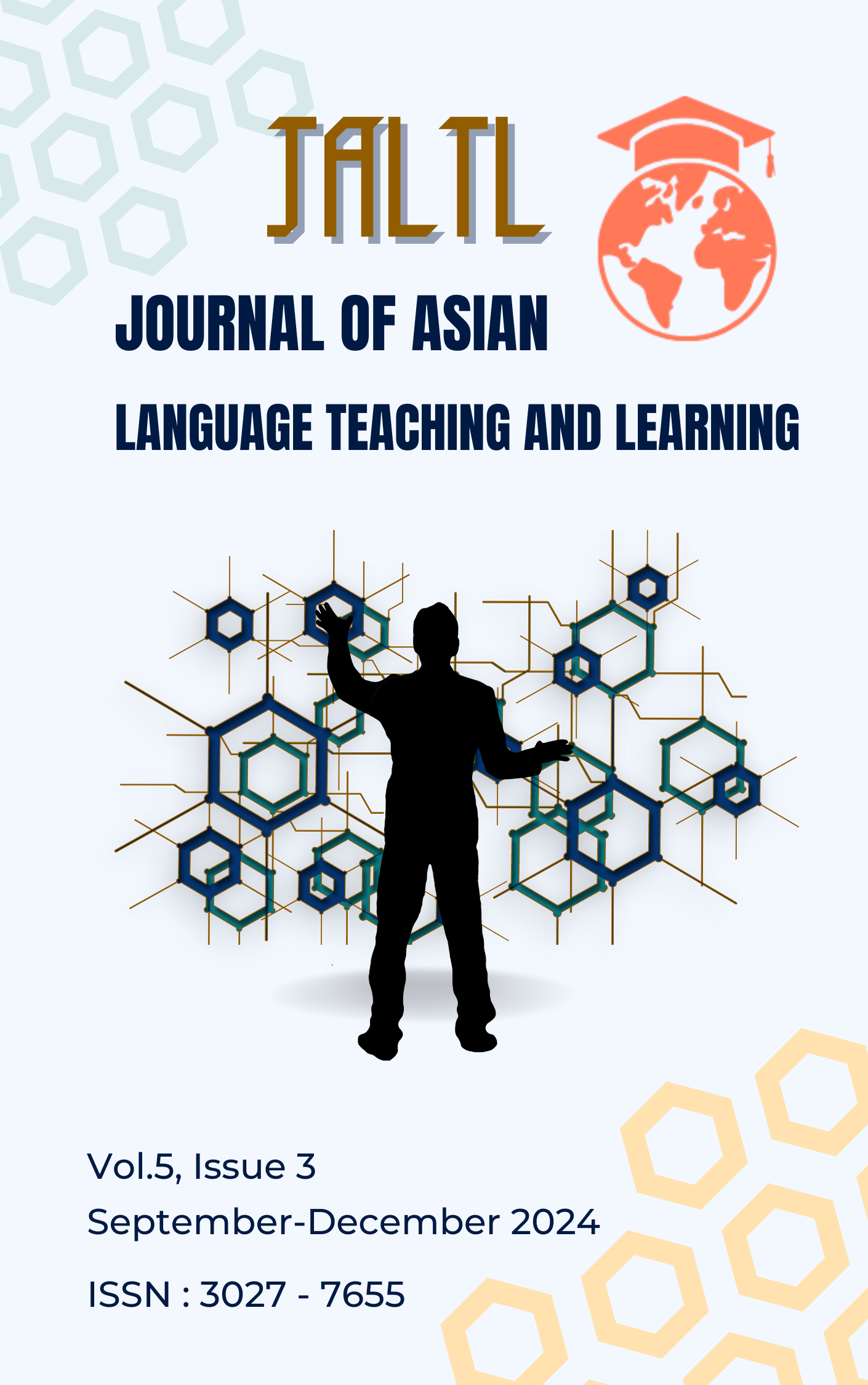Using Predict – Observe - Explain Learning Approach Supplemented with Learning Log to Promote Conceptual Understanding of Changes in Substances among Grade 5 Students
Main Article Content
Abstract
The purpose of this research was to study and compare about conceptual understanding of change in substances of grade 5 students learning by predict – observe – explain learning approach supplemented with learning log. This research is a quasi – experimental research conducted according to one group pretest – posttest design. The sample of this research were grade 5 students from a medium-sized school in Loom Nam Mong school group under Udon thani primary education service area office 4, academic year 2024. The sample consisted of 18 students the sampling unit was the classroom from cluster random sampling. The instruments of this research were: 1) the predict – observe – explain learning approach supplemented with learning log 5 lesson plan on change in substances and 2) the conceptual understanding test of change in substances. The statistical data were analyzed used mean, percentage, standard deviation, hypothesis testing used t-test for dependent sample. The results of research revealed that the post-test score was significantly higher than the pre-test score at the .01 level.
Article Details

This work is licensed under a Creative Commons Attribution-NonCommercial-NoDerivatives 4.0 International License.
References
Ayas, A., & Coştu, B. (2019). Enhancing Students' Understanding of Evaporation and Condensation through the POE Strategy. Research in Science Education, 49(2), 1–15.
Brookfield, S. D. (2018). Teaching Race: How to Help Students Unmask and Challenge Racism. Stylus Publishing.
Hartelt, T., & Martens, H. (2024). Influence of Self-Assessment and Conditional Metaconceptual Knowledge on Students' Self-Regulation of Intuitive and Scientific Conceptions of Evolution. Journal of Research in Science Teaching, 61(5), 1134–1180.
Hewson, P. W., & Hewson, M. G. A. (2023). Effectiveness of Conceptual Change Strategies in Science Education: A Meta-Analysis. Journal of Research in Science Teaching, 60(1), 1–25
Hoskison, K., & Tompkins, G. E. (2020). Language Arts: Content and Teaching Strategies (7th Canadian ed.). Pearson Education Canada.
Johnson, D. W., & Johnson, R. T. (2019). Cooperation and the Use of Technology. In Handbook of Research on Learning and Instruction (pp. 1–22). Routledge.
Kowalski, F. V. (2024). The process of constructing new knowledge: an undergraduate laboratory exercise facilitated by a vacuum capacitor-resistor circuit. European Journal of Physics, 45(5), 01-13.
Kolb, D. A., Boyatzis, R. E., & Mainemelis, C. (2017). The Handbook of Experiential Learning and Management Education. Oxford University Press.
Rebull, L. M. (2018). Authentic Research in the Classroom for Teachers and Students. RTSRE Proceedings, 1(1), 21-31.
Sinatra, G. M., & Hofer, B. K. (2014). Intentional conceptual change. In Handbook of research on learning and instruction (pp. 1–28). Routledge.
Zohar, A., & Nemet, F. (2024). Teachers' and Students' Beliefs on Developing Argumentative Skills in Science Education. Educación Matemática, 36(1), 1–22.


